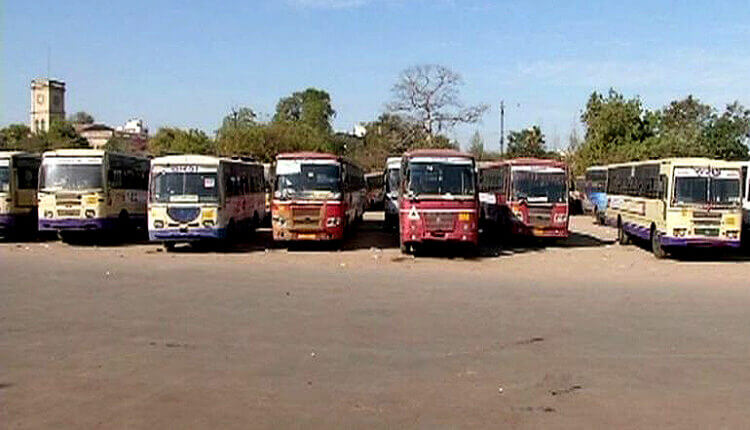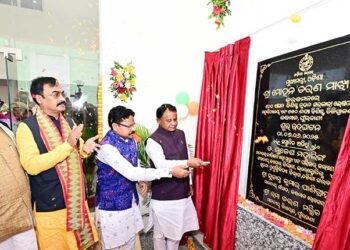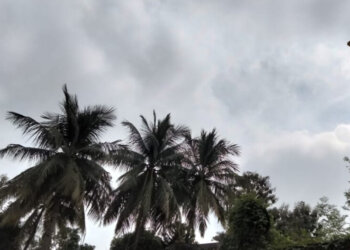A Standard Operating Procedure (SOP) for vehicles traveling to picnic areas and pilgrimage sites in Odisha was issued by the Transport Department on Monday.
Comprehensive procedures have been implemented to govern the operation of buses and other vehicles, and the SOP has been issued to improve safety during outings and trips to picnic places.
a) Vehicle and RTO-related activities:
1 Vehicle owners must have Special Permit from the concerned RTO before engaging their vehicles for such trips.
- Vehicles of which the Fitness Certificate is in-force shall only be permitted by concerned authority.
- At major picnic spots, posters will be displayed indicating testimonials from accident victims/ family members with accidents photos. The contents of the poster will be provided by the Transport Commissioner and shared with the districts.
- b) Collaboration with Different Agencies:
- State Pollution Control Board has started a campaign of Plastic Free Picnic Spot in the State. Transport Department will collaborate with State Pollution Control Board and distribute Leaflets, pamphlets with road safety messages and testimonials/ appeal of road accident victims’ family at the picnic spots.
- Awareness activities including Street Plays may be organized at the picnic spots with the support of local NGOs.
- PRI members to be sensitized to have oversight at the picnic spots in the respective areas.
- Police related activities: Police personnel shall conduct thorough inspection of vehicles near the picnic spots/ pilgrim places to identify and prevent the transportation of hazardous or dangerous or objectionable materials like: Cooking Gas, K. Oil, Crackers etc.
Commerce & Transport Department
- The objective is to prevent accidents that could result from the improper transport of hazardous substances and to safeguard the overall well-being of individuals.
- As decided in the review meeting, the Director General of Police will be requested to issue instructions to the District Authorities to deploy Police personnel near each picnic spot.
- Joint activities by RTO & Police:
- a) Stringent Enforcement against Overloading:
- In a collaborative effort between RTOs and Police personnel, stringent enforcement shall be conducted to address the issue of overloading of passengers and ensure safe transport.
- Transport Department Officials / Inspectors shall periodically conduct checks at picnic spots to verify compliance with the applicable MV Acts and Rules.
- RTOs shall actively participate in regulating and monitoring the carrying capacity of vehicles during the permitting process. Simultaneously, police personnel shall conduct routine inspections at checkpoints to enforce these restrictions near the picnic spots/pilgrim places.
- The collective aim is to prevent accidents and enhance overall road safety by ensuring that vehicles comply with their designated carrying capacities.
- b) Breath Analyser at Entry and Exit Points:
- Enforcement against drunken driving shall be conducted with full strength. Police in association with staff of RTO to use breath analyzers at the entry and exit points of important picnic spots and pilgrim places to identify instances of drunken driving which is a significant contributor to road accidents.
- The person found driving under influence of alcohol shall be punishable u/s 185 of MV Act. The driver shall be immediately arrested and their driving license shall be impounded. The owner shall arrange alternative driver for continuation of the trip. The driver’s details shall also be forwarded to the Court for adjudication.
- In case of driving without a driving license, the vehicle must be detained and the owner shall arrange alternative driver for continuation of the trip.
- c) Auto Rickshaws cannot be utilized beyond the terms/conditions allowed in the permit.
- d) Parking Space:
- Recognizing the importance of adequate parking infrastructure, all Collectors and SPs shall ensure that there is sufficient space for parking at picnic spots and pilgrim sites.
- These measures will address the challenges posed by congestion and limited parking availability, contributing to smoother traffic flow, and minimizing disruptions.
- e) Emergency Response:
- Vehicle owners shall put the name and contact number of at least one person from their group inside the vehicle to facilitate communication in case of emergencies.
- RTOs to develop and implement emergency response plans in collaboration
with local authorities to address the road accidents or emergency occurring in transit or at picnic spots.
- Collectors and SPs to ensure that emergency contact information including ambulance services and police stations is prominently displayed at picnic spots/ pilgrim centers.
- f) Reporting and Evaluation:
RTOs shall make a brief documentation of the activities taken up for future analysis and guidance.
- Vehicle related activities:
- a) Designated Driver Assistant/Helper:
During long distance journeys to picnic spots and pilgrimages, all HMVs shall have a designated driver assistant or helper to support the driver especially during extended travel periods.
- b) Mandatory First Aid Box:
In an effort to be better prepared for emergencies, car owners and drivers must keep a First Aid kit in their cars. This criterion makes sure that in an emergency, basic medical supplies are easily accessible. Basic medical materials for treating any injuries or health problems that may emerge during the trip should be included in the first aid pack.







 Finance
Finance







